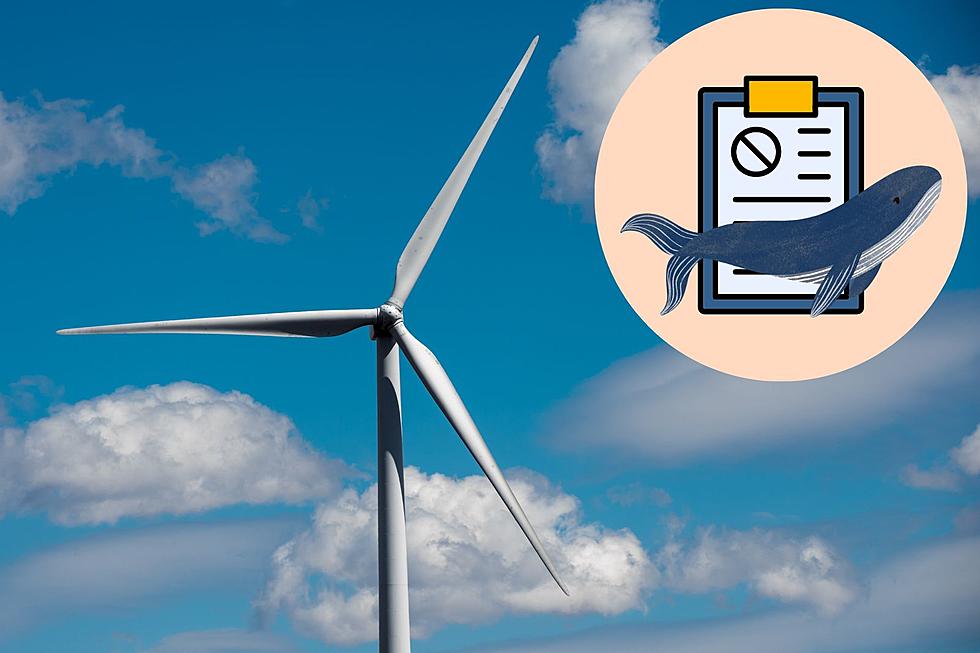
For arrested veterans, treatment instead of criminal charges?
Veterans who have nonviolent brushes with the law could be diverted away from courtrooms into treatment for substance abuse and post-traumatic stress disorder, under a bill being considered by lawmakers that got its first approval last week.
The “Statewide Veterans Diversion Program” aims to address addiction and mental illness issues among veterans that can often go untreated. Veterans have trouble adjusting to civilian life, or perhaps can’t sleep and turn to alcohol, and then situations spiral as they interact – or overreact – with police.
“We send these people into war to die, to get hurt, to be injured, and they don’t come back the same way even if none of that happens to them. We have a moral responsibility,” said Sen. Van Drew, D-Cape May.
“When they come back, they are broken. And they’re expected to just turn that switch off overnight. And instead of getting medals, they are getting convictions, and they’re getting arrests,” said Chris Adams, president of the Association of Criminal Defense Lawyers.
Here’s a sign of how consequential the proposal could be: The hearing in the normally placid Senate Military & Veterans Affairs Committee lasted more than 1 hour 40 minutes, which was longer than all seven meetings combined that the panel had held in the past 12 months.
The bill, S307, would have the state the Department of Military and Veterans Affairs create a point of entry for active duty service members and veterans to access screening, counseling and treatment for mental health issues and substance abuse.
Under the bill, police would be required to ask about a person’s veteran status when taking a person in for disorderly-persons offenses and fourth-degree crimes. If they’re a service member, the preference should be a diversion into treatment, rather than a criminal complaint.
If a criminal complaint is filed, a judge could postpone court proceedings while a service member receives mental-health services, and a prosecutor could move to dismiss the charges after six months of progress and compliance with the intervention.
Sen. Diane Allen, R-Burlington, described it as “a timeout” deserved by veterans who need something the criminal justice system can’t provide.
“I think we’re going to make a difference in a lot of people’s lives and not ruin their lives any further, which is often what we do,” Allen said.
New Jersey is one of 12 states that lacks a program diverting veterans accused of low-level offenses toward treatment programs instead of the criminal justice system. The courts do operate a program that provides veterans with referrals to mentors and service providers, but it’s not a formal effort to potentially erase criminal charges.
“As we’ve seen in other jurisdictions outside of New Jersey, this is a productive program. It gives us a chance to reclaim veterans who are on the brink of going to the wrong side and bringing them back,” said Bob McNulty of the New Jersey chapter of Vietnam Veterans of America.
Veterans advocate Joe Griffies said New Jersey could have been among the first states with such a program. He said a report making recommendations on policies that could help people with PTSD was done in the mid- to late-1980s, commissioned under Gov. Thomas Kean.
“We haven’t helped one veteran with this program that Gov. Kean did,” Jeffries said. “It sat on a shelf. The only thing it helped: It collected dust for 30 years.”
Intervention programs similar to what’s being considered in the Legislature are being used in Newark and Ocean County. But Timothy Wynn, a Marine Corps veteran and certified peer specialist, said lots of veterans cross the Delaware River to get help from the program run in the Philadelphia courts.
“People from Jersey are coming there to get help. They’re coming over the Tacony Bridge. They’re coming over the Walt Whitman, the Ben Franklin, and they’re getting help in the Philadelphia Veterans Court,” Wynn said.
Wynn himself is an intervention-program success story. He served in Iraq in 2003, returned with PTSD and was arrested seven times, spending a year in prison. When he was arrested an eighth time, he was sent to the Philadelphia Veterans Court and got the help he needed.
“The Philadelphia Veterans Court took me out of the depths of hell and built me back up into a productive member of society,” Wynn said.
Every year, roughly 90,000 individuals released from United States jails are veterans, the majority of whom were incarcerated for nonviolent crimes.
New Jersey is home to an estimated 413,000 veterans.
More From New Jersey 101.5 FM









